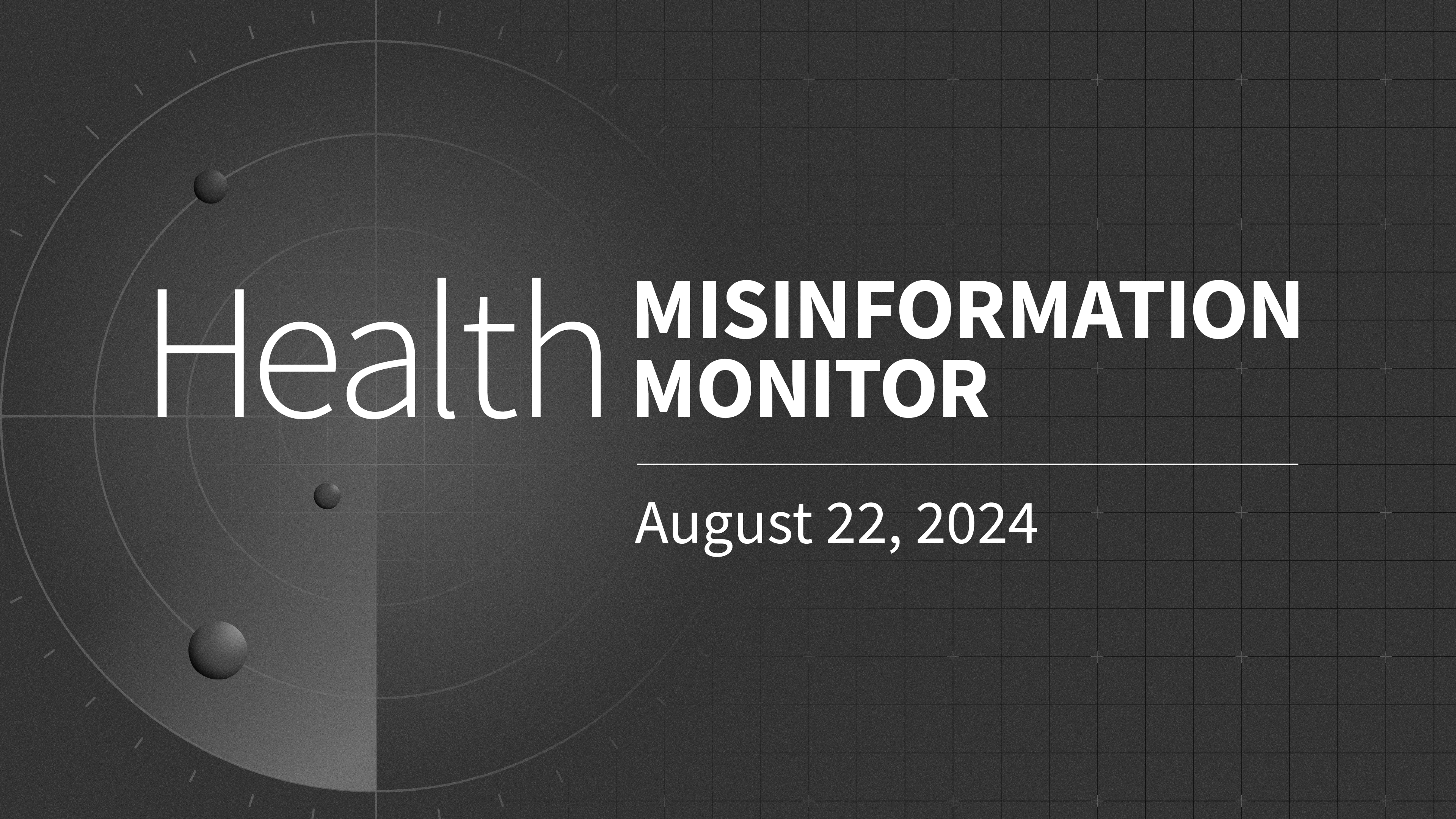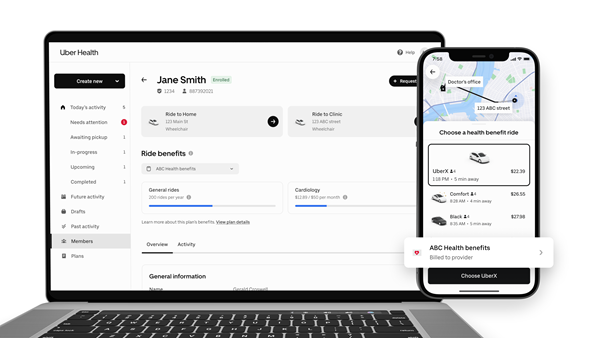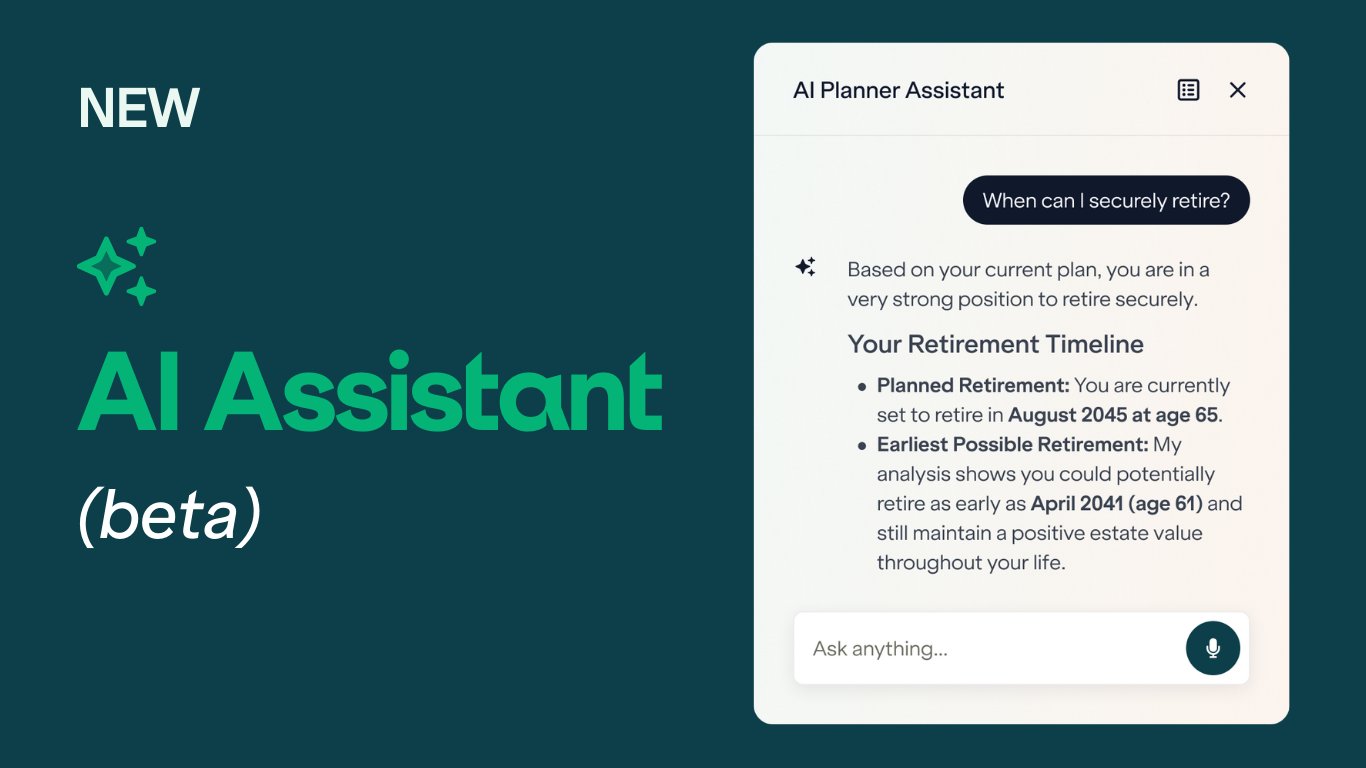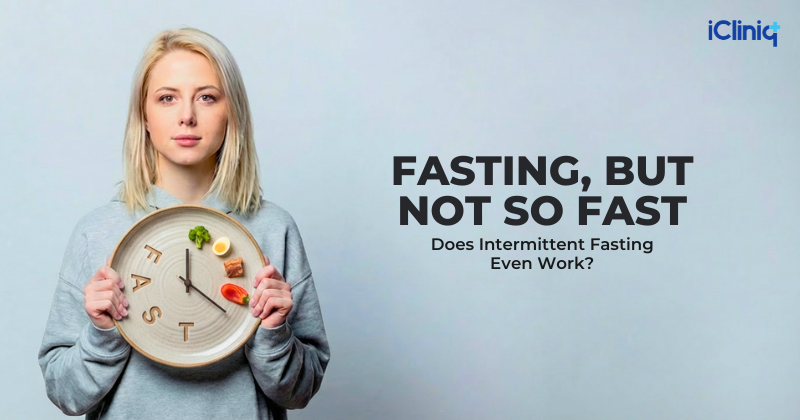Deeper Dive: How AI Chatbots Are Changing in Handling Health Misinformation
While some research suggests AI chatbots are just as accurate medical professionals in answering health queries, concerns about biased or inaccurate information persist. To enhance accuracy and reliability, AI chatbots are regularly updated to improve the chatbot’s ability to identify and correct misinformation. Over the past year, developers have trained AI models on larger and more diverse data sets of information, improving AI’s ability to cross-reference information from multiple reliable sources to verify claims and detect inconsistencies.
While some platforms focus on user experience and management tools, the general trend is to use advanced AI techniques to better understand context, protect data accuracy, and provide more reliable information. Both Google and Microsoft have recently renamed their AI chatbots to reflect these improvements: Google’s Bard is now called Gemini, and Microsoft’s Bing Chat has been renamed Copilot. OpenAI has also upgraded ChatGPT, including a new real-time voice interactions, which Axios notes could make people more comfortable using the AI chatbot for health information.
To understand how three well-known AI chatbots – ChatGPT, Google Gemini (formerly Google Bard), and Microsoft CoPilot (formerly Bing Chat) – have changed in how they handle health-related questions, KFF’s Hagere Yilma asked each of the chatbots in November 2023, March 2024, and again in August 2024 whether the 11 false claims examined in the KFF Health Misinformation Tracking Poll were true or false. Below is a summary of her observations (full responses from AI chatbots can be found here). Her observations shared here provide a glimpse into the accuracy and reliability of these chatbots, but only reflect the experience of a single chatbot user and are not generalizable scientific research. Chatbots may give different answers depending on the individual user, the questions asked, and updates to the AI models.
Chatbots Differ in Directness When Addressing False Claims, Often Highlighting Complexity
For the most part, each chatbot pointed out false claims, but sometimes they explained that the statement’s accuracy was more complicated instead of just saying it was false. When we first tested the chatbots, both Google Gemini and Microsoft CoPilot directly refuted false claims, while ChatGPT tended to approach these claims with more caution. Rather than definitively labeling some claims as false, ChatGPT noted the complexity of the issue and the need for further research. For example, when asked if the claim that ivermectin as an effective COVID-19 treatment is true, ChatGPT said that there is still some debate about ivermectin’s effectiveness and suggested that more research is needed, without directly calling the statement false. When we revisited these chatbots in March and August 2024, ChatGPT became more assertive, labeling more claims as false, but still labeled two of the statements about firearms as “not entirely accurate” or “complex” rather than outright refuting it. In March 2024, CoPilot also labeled the same two statements about firearms as “not entirely accurate” or “lacks conclusive evidence.”
Challenges in Citing Sources
The chatbots had different approaches to sharing scientific evidence when supporting their responses. In November 2023 and March 2024, ChatGPT usually mentioned that there is scientific evidence refuting the tested claims but didn’t cite specific studies. For example, when asked if COVID-19 vaccines have caused thousands of deaths in otherwise healthy people, ChatGPT said “The overwhelming evidence from clinical trials and real-world data indicates that the benefits of COVID-19 vaccination in reducing the risk of severe illness, hospitalization, and death far outweigh any potential risks” but did not offer any details about the trials or data it was referring to. On the other hand, Gemini and CoPilot cited specific studies as evidence, but Gemini typically did not provide links and sometimes provided inaccurate details about the studies. CoPilot provided links, but these sometimes led to third-party summaries instead of the actual research, which could make it difficult for users to verify the information for themselves.
Chatbots’ Use of Public Health References Evolves Over Time
Over time, the chatbots showed notable changes in how they reference public health institutions to support their answers. In 2023, ChatGPT took a cautious approach, only citing specific agencies like the CDC or FDA for COVID or vaccine-related questions. For most other health claims, it would generally suggest consulting trusted sources without naming them. For example, when asked if the Affordable Care Act established a government panel to make decisions about end-of-life care for people on Medicare, ChatGPT mentioned “It’s important to rely on accurate and credible sources when evaluating claims about healthcare policies and to avoid misinformation…” but didn’t cite any credible sources. Google Gemini and Microsoft CoPilot, on the other hand, initially referenced specific institutions as trusted sources for most questions in 2023.
By 2024, we observed a shift: ChatGPT began referencing specific institutions across a broader range of health topics, while Gemini shifted to providing general resource links and only for some questions. However, CoPilot maintained consistency throughout the entire period, referencing statistics and recommendations from public health organizations while also including links to a broader range of sources, such as news articles, fact-checking resources, research studies, and practice guidelines.
The Bottom Line
While our observations reflect our own limited test and are not generalizable, there are still a few takeaways to consider. AI chatbots can be a convenient starting point for quick health info, thanks to their speed and ease of use. But they’re not perfect or always reliable. Sometimes these tools give misleading information, misrepresent sources, or leave out important context. To be on the safe side, it’s a good idea to double-check chatbot answers by looking at multiple sources. You should also stay informed about system updates, as chatbot responses may change with each update.
Publisher: Source link










